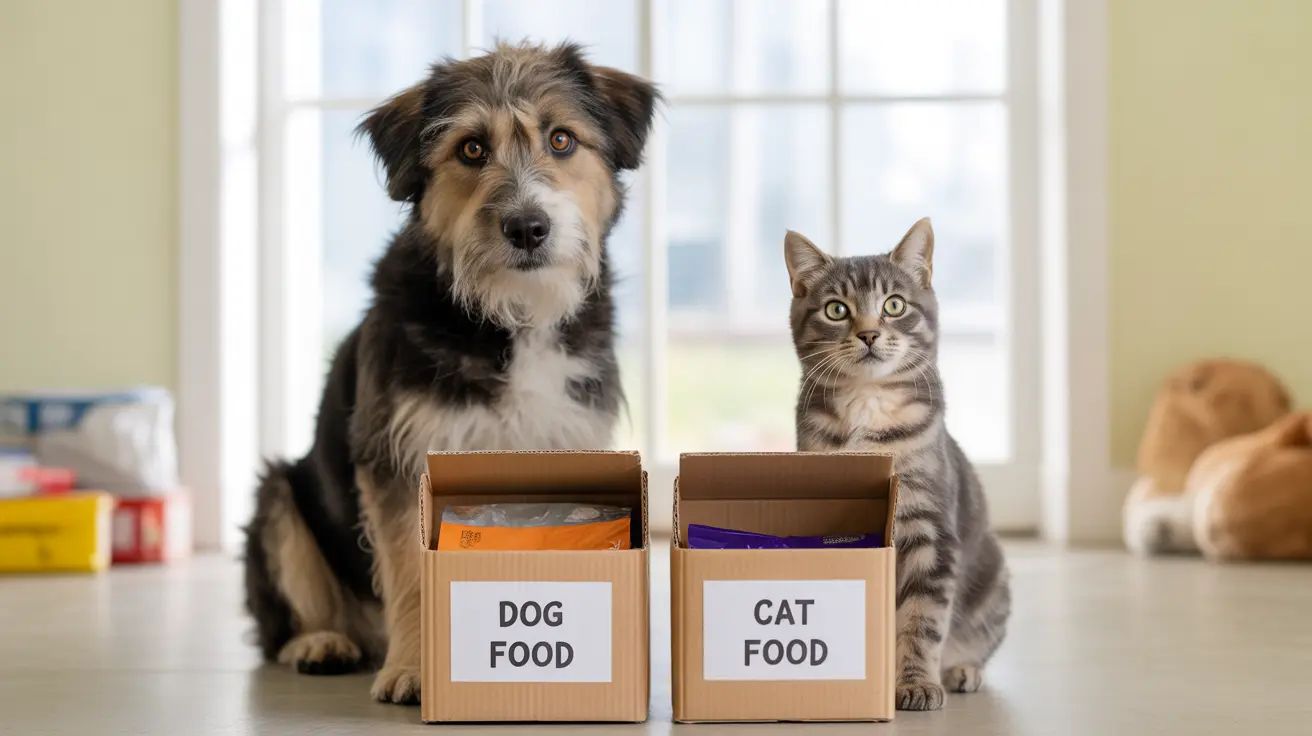Understanding Dog Digestion: How Long Does It Take?
As a dog owner, understanding your pet's digestive process is key to ensuring their well-being. The **canine digestive system** is adapted for rapid processing of food, enabling dogs to extract nutrients efficiently. But just how long does it take from mealtime to elimination?
The Basics of Dog Digestion
Dog digestion begins in the mouth with mechanical and chemical breakdown of food, continues through the stomach and intestines, and finishes with defecation. On average, the full digestive process takes:
- 4 to 6 hours for small breeds or puppies
- 10 to 15 hours for large or senior dogs
- 8 to 12 hours for most adult dogs
This timeline may extend up to 24 hours in cases involving large breeds, low-quality food, or older dogs with slower metabolic rates.
Factors Influencing Digestion Speed
- Breed and Size: Larger dogs often digest food more slowly than smaller ones.
- Age: Puppies process food quickly due to higher metabolism. Older dogs digest slower because of decreased metabolic function.
- Type of Food: Moist, raw, or fresh food digests faster than dry kibble or heavily processed food.
- Health Status: Illnesses or gut flora imbalances can delay digestion.
- Activity Level: Physical activity increases peristalsis, supporting digestive efficiency.
Estimated Digestion Times by Food Type
- Raw meat: 4–6 hours
- Cooked meat: 6–8 hours
- Dairy: 4–6 hours
- Fruits and vegetables: 2–4 hours (some plant fibers may remain partially undigested)
- Dry kibble: 8–12 hours or more
Post-Meal Bowel Movements
Many dogs poop within 8 to 12 hours of eating. However, a dog may feel the need to defecate immediately after eating due to the gastrocolic reflex, a natural response that stimulates bowel movement upon food intake.
Digestive Health Signs
Healthy digestion is reflected in:
- Consistent, firm, moist bowel movements
- Stool color ranging from light to dark brown
- Minimal undigested food particles
Frequent presence of undigested material, diarrhea, constipation, or vomiting may signal health issues that require veterinary attention.
Tips to Support Canine Digestive Health
- Feed a consistent, balanced, and digestible diet.
- Avoid sudden changes in food to prevent GI upset.
- Portion properly and avoid overfeeding.
- Provide clean water—approximately one ounce per pound of body weight daily.
- Encourage daily physical activity.
- Consult a veterinarian before using probiotics or supplements.
Role of the Gut Microbiome
The gut microbiome consists of beneficial bacteria crucial for digestion and nutrient absorption. Using probiotic and prebiotic supplements, under veterinary guidance, can help maintain a healthy balance and improve digestive efficiency.
Conclusion
From dietary quality to breed-specific traits, various elements influence how long it takes dogs to digest and eliminate food. Most dogs process meals within a day, but up to 24 hours is still within normal range for some. By monitoring your dog’s digestive health and supporting it with proper nutrition, hydration, and exercise, you help ensure the system runs smoothly—leading to a happy and healthy pet.





